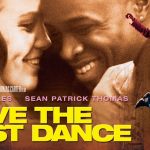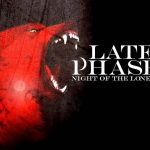The Piano (1993)

The Piano is a 1993 New Zealand drama film directed by Jane Campion. Set in the mid-19th century, the film tells the story of Ada McGrath (Holly Hunter), a mute woman who is an accomplished pianist, and her complex relationships with her daughter, Flora (Anna Paquin), and the men in her life. Through its hauntingly beautiful cinematography, compelling performances, and emotional depth, The Piano explores themes of love, desire, repression, and freedom.
The story begins as Ada is sent to New Zealand with her young daughter to marry a man named Alisdair Stewart (Sam Neill), whom she has never met. Ada’s only form of communication is through her piano, a symbol of both her artistic talent and emotional confinement. Upon arriving in New Zealand, Ada’s life becomes even more complicated when she forms a passionate and tumultuous relationship with Baines (Harvey Keitel), a rough, enigmatic man who becomes intrigued by her piano. The piano, which Ada sees as both a means of expression and a source of captivity, becomes the central object around which the characters’ emotions and conflicts revolve.
The performances in The Piano are outstanding, particularly Holly Hunter’s portrayal of Ada. Her ability to convey deep emotions without speaking a word is a testament to her exceptional acting skill. Hunter’s physicality and facial expressions convey the complexity of Ada’s inner world, from her frustration and longing to her quiet strength. Anna Paquin, who plays Ada’s daughter Flora, also gives a remarkable performance, capturing the innocence and complexity of a young girl caught between her mother’s desires and the surrounding adult turmoil.
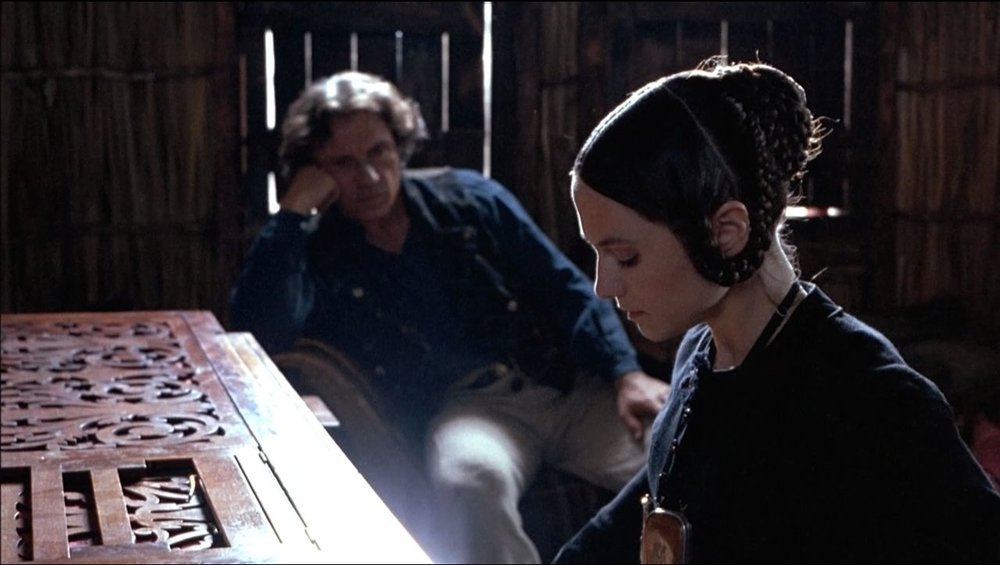
Jane Campion’s direction is masterful, creating a visually stunning film that combines the lush natural landscapes of New Zealand with the emotional intensity of the story. The film’s use of the piano music, composed by Michael Nyman, enhances the mood and helps convey the emotional depth of Ada’s character. The music, with its repetitive and haunting motifs, serves as an extension of Ada’s emotional and psychological state, adding another layer of meaning to the narrative. The pacing of the film allows for reflection, creating a meditative atmosphere that draws the audience into Ada’s world.
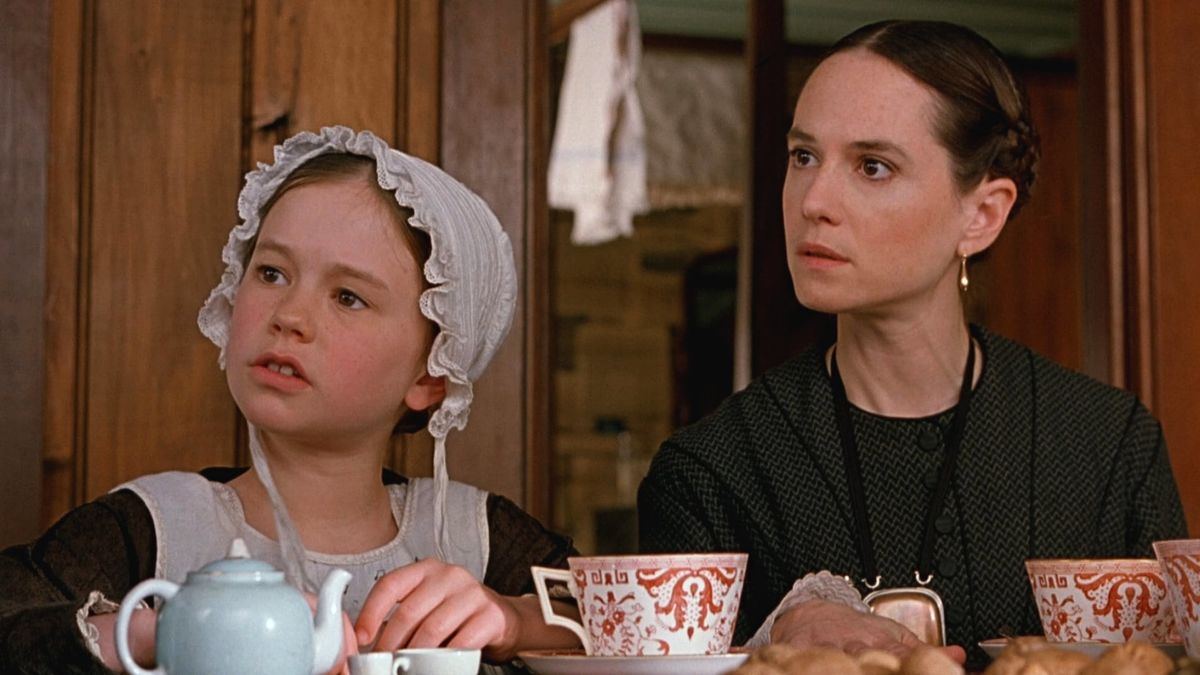
The film’s themes of repression and desire are explored with complexity and nuance. Ada’s mute condition symbolizes her silence in a patriarchal society that seeks to control her. Her piano becomes a vehicle for both self-expression and a means of negotiating power in her relationships. The emotional tension between Ada, her husband Alisdair, and Baines underscores the struggle between societal expectations and personal desires, as each character grapples with their own sense of identity and freedom.
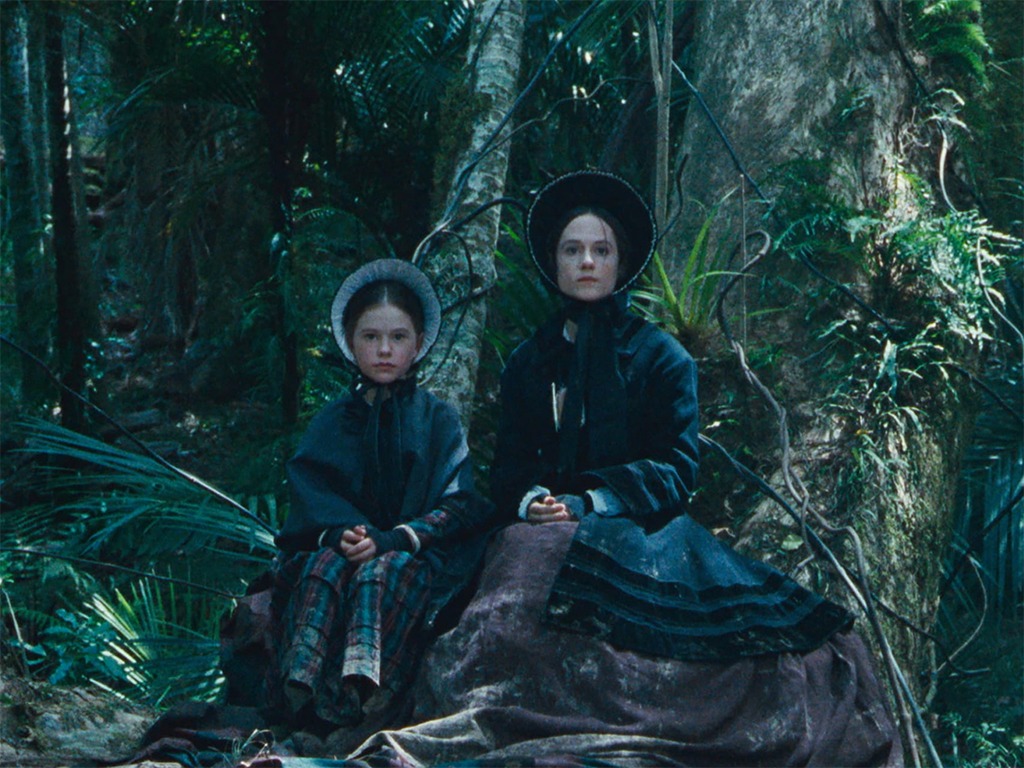
In conclusion, The Piano is a visually striking and emotionally powerful film that explores themes of communication, repression, and desire. Jane Campion’s direction, combined with exceptional performances from Holly Hunter and Harvey Keitel, makes this film a compelling and unforgettable cinematic experience. It remains a remarkable exploration of the complexities of human emotions and the ways in which individuals seek freedom and self-expression within the constraints of society.

